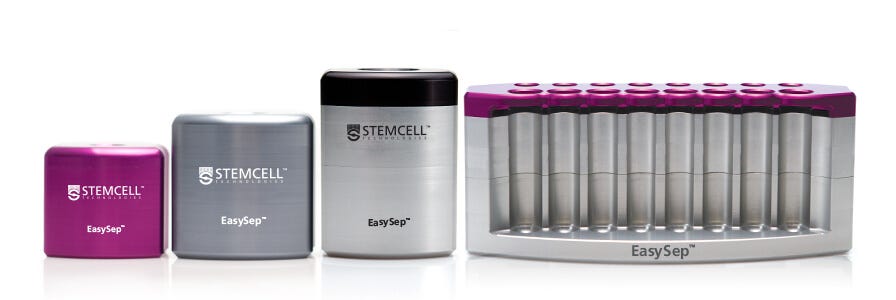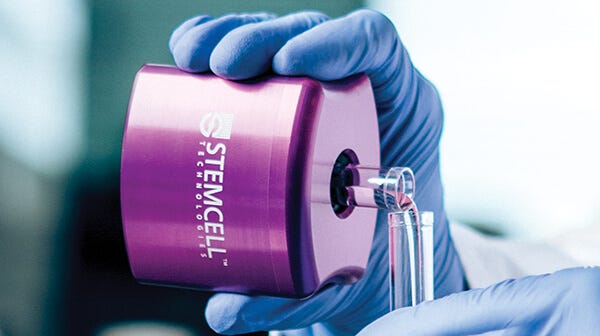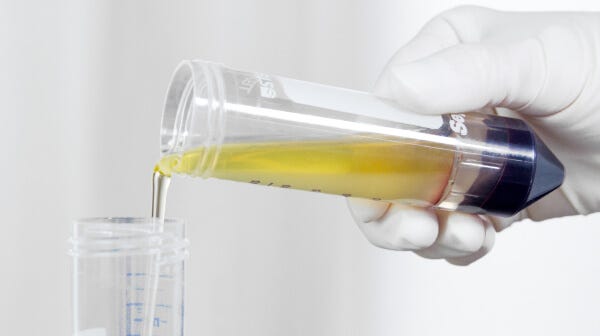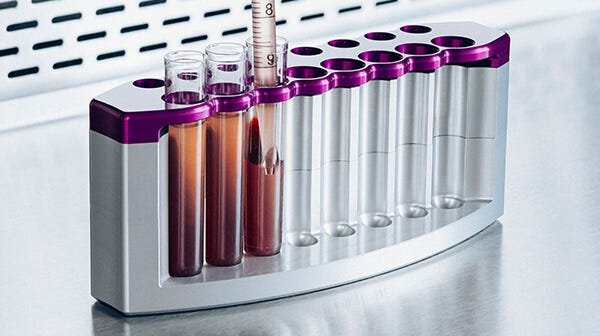A Scientist’s Value Equation: How to Optimize Your Research for Value

As a scientist, you have many experiments to run, papers to read, and abstracts and grants to write. As your to-do list gets longer, your default response may be to work harder—even on evenings and weekends—to get it all done. But working more doesn't mean bringing more value through your work.
Morten Hansen—the author of "Great at Work", a book outlining the secrets to working smart—suggests the following equation for the value of a person's work:
The value of a person’s work = benefits to others x quality x efficiency
Instead of benefits to self, this equation focuses on benefits to others. Instead of quantity, it focuses on quality. Instead of time spent, it focuses on efficiency.
Pause for a moment to reassess your work. Consider why and how you’re working on your tasks. Let’s analyze what this equation means for researchers, and how you can use it to optimize your work for value.
1. Benefits to Others
As scientists, we hope that our work will make a difference in improving the lives of others. That’s in the grand scheme of things. But what about your work NOW?
Ask yourself introspective “why" questions. Why are you networking? Why do you care about research? Why do you want to stay at or move away from the bench?
- The experiment you’re doing can help your lab obtain grant funding.
- The data you’re trying to obtain can help the development of a novel treatment for patients.
- The presentation you’re crafting will help you disseminate information to the scientific community.
- The journal club presentation you’re working on may help your institute learn about new findings.
- The lab meeting you participate and ask questions in may help the presenting scientist with their research.
- The research you are working on will help the scientific community understand an important biological process.
Take a look at your to-do list (if you don’t have a to-do list, you should create one). Are there tasks that you think bring zero or little benefit to others? If there are, re-consider whether you should be doing them and how to use your time to add value elsewhere.
2. Quality
C. Glenn Blegley and his team at Amgen once attempted to replicate seminal findings in cancer research and found that 47 out of the 53 studies could not be replicated.
Your research is valuable only if it’s reproducible. Quality in your day-to-day work helps to ensure the reproducibility of your findings. Here are some ways you can increase the quality of your work:
- Use appropriate experimental design to answer your research question
- Ensure your reagents are properly validated and of high quality
- Ensure that your basic lab techniques are sound
- Use a properly organized documentation system, including lab notebooks
- Use appropriate statistical analysis
- Carefully assess the relevant literature
- Accurately and transparently write and communicate your findings
Ensuring Quality of Reagents
As a vendor, it’s our responsibility to provide scientists with high-quality reagents and minimal lot-to-lot variability. One of the ways we control for quality is by manufacturing our own magnetic particles for our EasySep™ cell separation products.
3. Efficiency
Do you ever feel guilty for not spending as much time in the lab as others?
Simply spending more time at work does not increase the value that you bring. Taking forever to complete your work is more likely to diminish its value. But the more efficiently you work, the sooner you can deliver your results, and the more valuable the sum of your work will become. That's why scientists need to work smart.
Here are five common ways scientists lose efficiency:
- Repeating experiments because they were not properly done the first time (e.g. missing controls)
- Running out of a critical reagent and having to wait for new reagents to arrive
- Procrastinating while writing papers or grants
- Performing unnecessarily long procedures and techniques
- Using outdated or inefficient technologies
And here are some ways you increase your efficiency:
- Adopt these nine productive habits
- Plan ahead carefully to ensure experiments are done properly the first time
- Keep your lab bench, inventory, notebook, and electronic files organized
- Use shared templates and spreadsheets
- Switch to more efficient methods and technologies
Optimize Your Work for Value
Take a step towards working smarter by optimizing your work for value. Don’t just focus on all the tasks on your plate. Think about why you need to do them—are there benefits to others? And think about how you’re doing your work—are you ensuring quality and maximizing efficiency?
Featured Efficient Technologies
Immunomagnetic Cell Separation Directly From Whole Blood
Skip centrifugation and obtain cells directly from whole blood.







